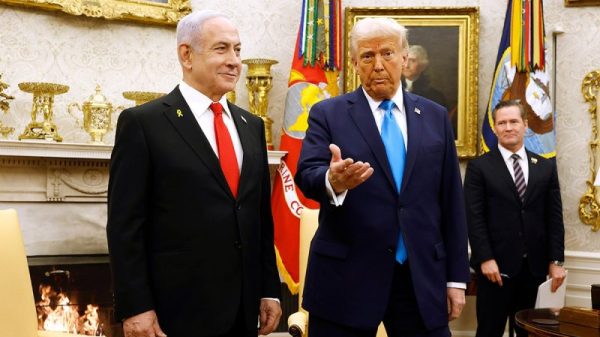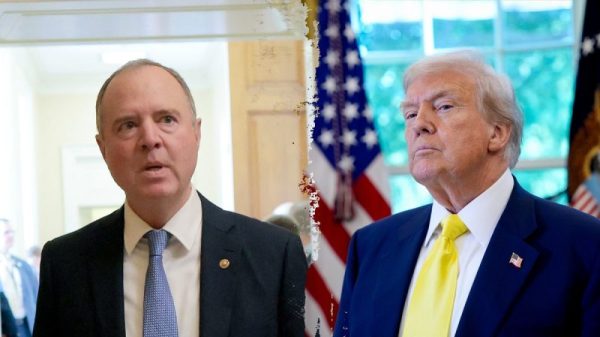The recent decision by the International Criminal Court (ICC) to issue an arrest warrant for Israeli Prime Minister Benjamin Netanyahu has sparked a strong response from the Pentagon, which has fundamentally rejected the ICC’s jurisdiction over this matter. The Pentagon’s stance on this issue underscores the complex intersection of geopolitics, international law, and human rights that often characterizes high-profile cases before the ICC.
The ICC’s decision to target a sitting head of state like Netanyahu is unprecedented and raises thorny legal and political questions. While the ICC is intended to hold individuals accountable for war crimes, genocide, and crimes against humanity, its jurisdiction over serving heads of state is murky at best. The United States, as a non-member of the ICC, has consistently questioned the court’s authority over its citizens and allies, often citing concerns about sovereignty and politicized decision-making.
In the case of Netanyahu, the situation is further complicated by the long-standing Israeli-Palestinian conflict. The ICC’s investigation into alleged war crimes committed in the occupied Palestinian territories has been a contentious issue, with Israeli officials vehemently denying any wrongdoing and accusing the court of bias. The decision to target Netanyahu directly has only escalated tensions between the court and the Israeli government, further complicating efforts to achieve a peaceful resolution to the conflict.
The Pentagon’s rejection of the ICC’s decision reflects the broader U.S. policy of protecting its allies from what it sees as politically motivated prosecution. By asserting its sovereignty and challenging the court’s authority, the U.S. is sending a clear message that it will not stand by while its allies are targeted for legal action. This position is not without controversy, however, as some critics argue that it undermines the ICC’s mandate to hold those responsible for serious crimes accountable, regardless of their political status.
Ultimately, the issue of the ICC arrest warrant for Netanyahu illuminates the complexities and challenges inherent in international justice and accountability. As the court continues its work to bring perpetrators of crimes against humanity to justice, it must navigate the delicate balance between legal principles, political considerations, and respect for national sovereignty. The case of Netanyahu serves as a stark reminder of the difficult choices and trade-offs involved in pursuing justice on the global stage.


































